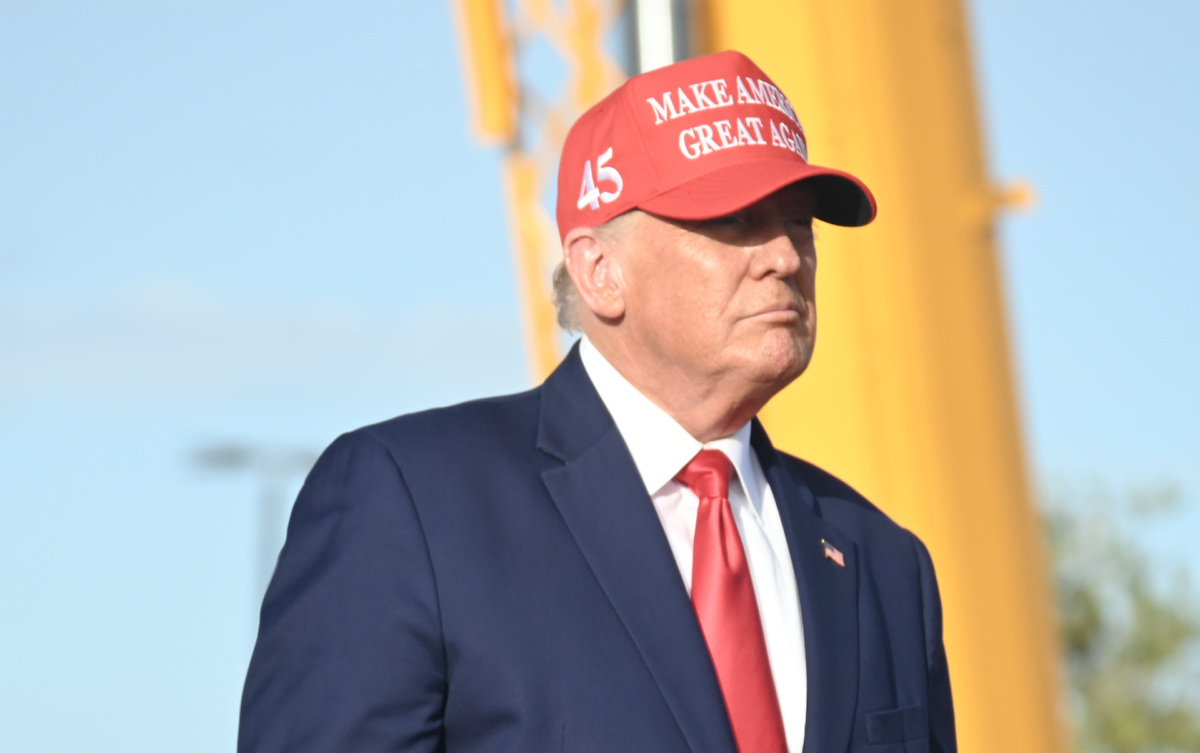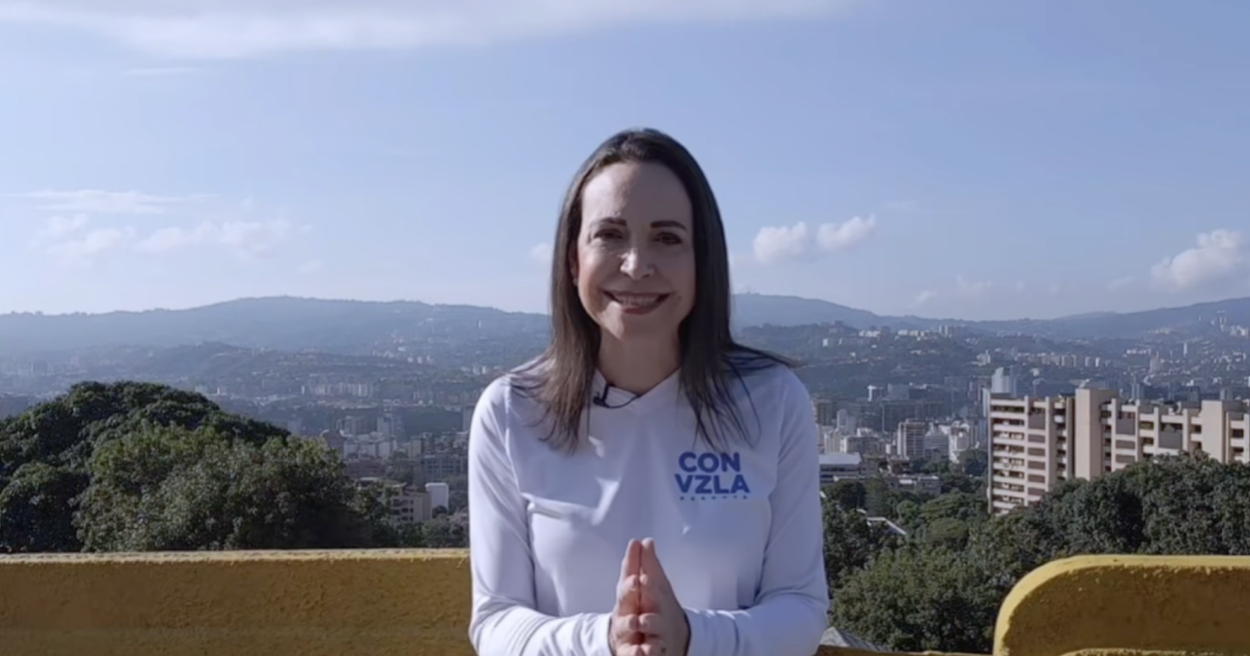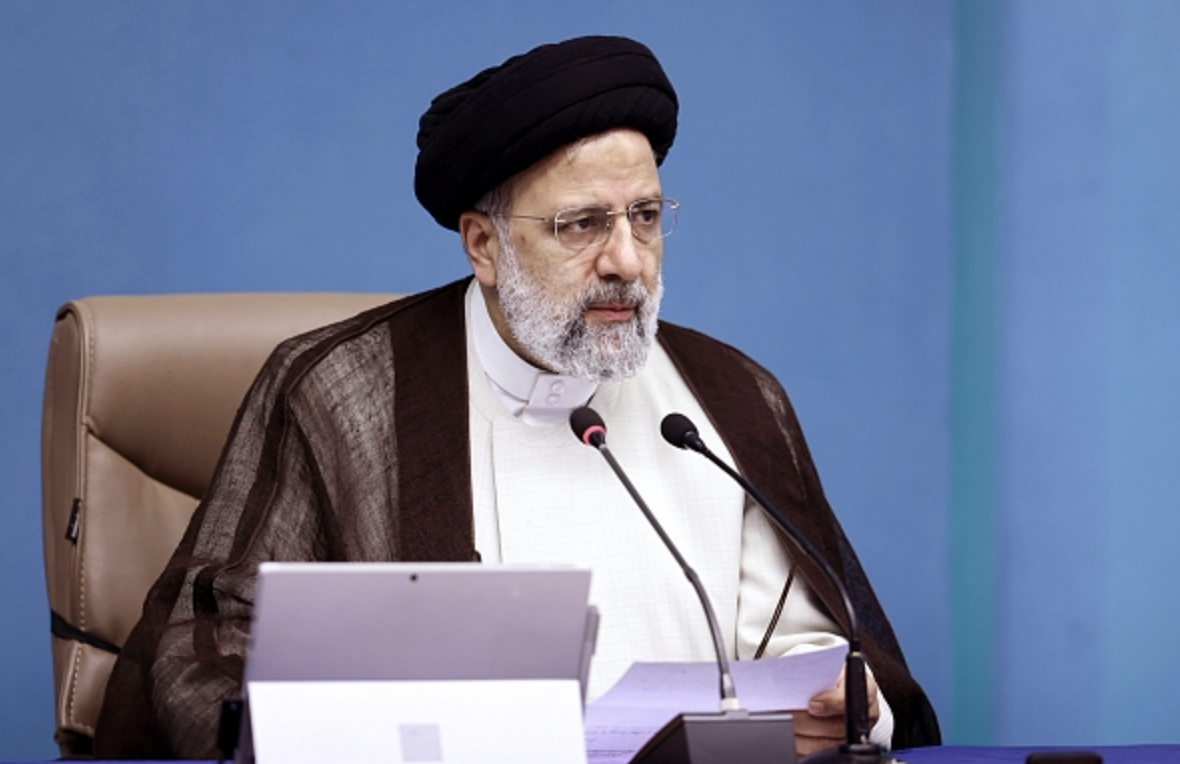US Secretary of State Marco Rubio’s visit to Israel has underscored a shift in the US’ foreign policy priorities for the Middle East.
Secretary Rubio’s messaging and travel itinerary symbolized clear departures from the foreign policy strategy of former President Joe Biden’s administration.
First, Rubio’s arrival to Israel was paralleled by the delivery of heavy explosive missiles – the transferal of which to Israel had been paused by President Biden due to humanitarian concerns.
Next, Rubio’s itinerary did not include any official meetings with Palestinian leaders, signaling the US’ prioritization of Israeli concerns and belittling the Palestinian cause.
While President Donald Trump has not explicitly discarded the Palestinian push for statehood, his recent comments suggesting the US should “take over” and control Gaza have obfuscated how, and if, a Palestinian state would even come to existence.
Additionally, Rubio and President Trump have repeatedly reaffirmed their support of Israel’s war aims of applying maximum pressure to return all hostages home and decimating Hamas.
“Hamas cannot continue as a military or government force,” said Rubio during a press conference with Israeli Prime Minister Benjamin Netanyahu. “As long as (Hamas) stands as a force that can govern or as a force that can administer or as a force that can threaten by use of violence, peace becomes impossible. They must be eliminated.”
Conversely, President Biden’s administration had attempted to balance supporting Israel’s military with the humanitarian concerns of Palestinians and Palestinian supporters in the US.
Biden’s administration even publicly collided with Prime Minister Netanyahu’s management of Israel’s wars against Hamas and Hezbollah.
Some conservatives criticized Biden’s policies as conciliatory towards the terrorist groups targeting Israel and Iran, their ultimate financial backers.
National Security Advisor Mike Waltz condemned Biden’s Israel and broader Middle East policy as having “completely failed.”












